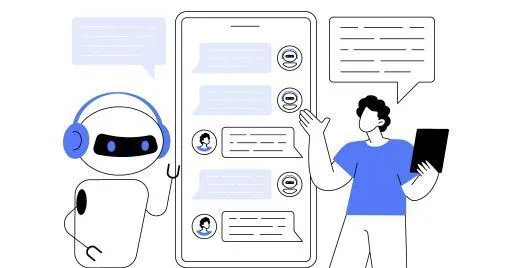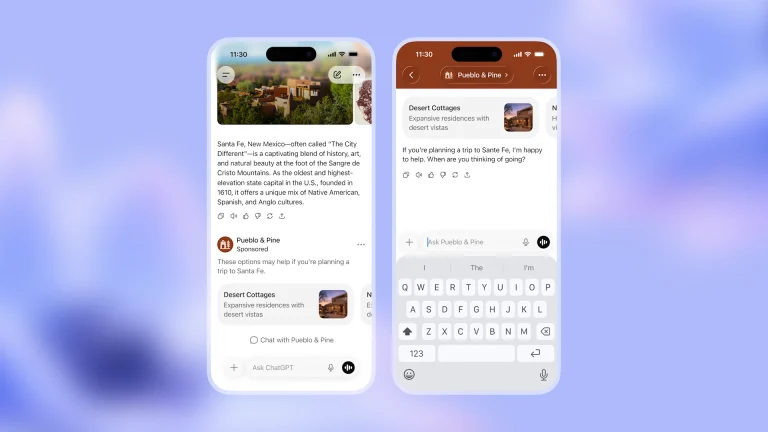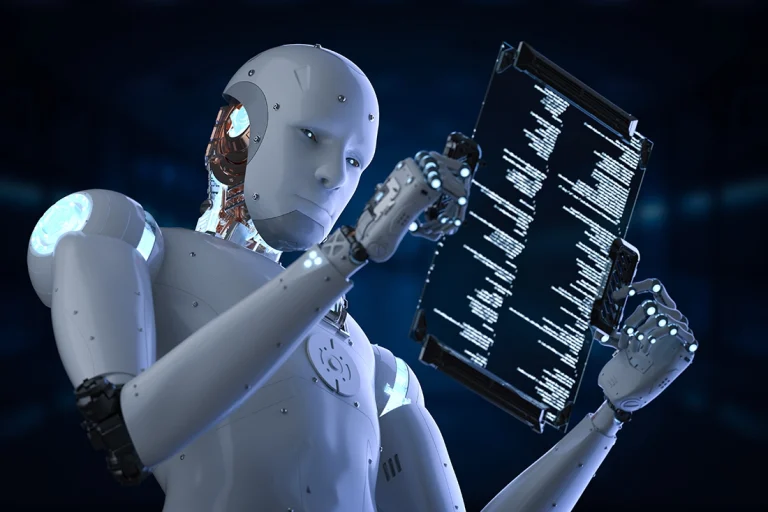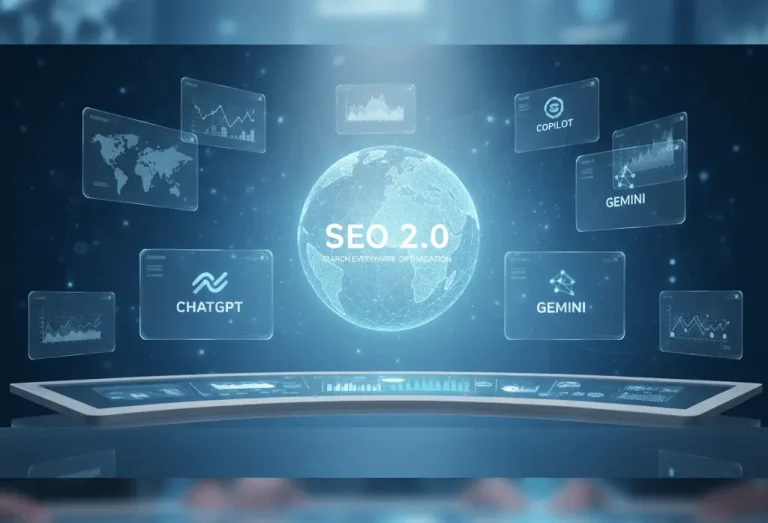Today, customer service has become a critical area that directly impacts the success of businesses. The ability to respond quickly and effectively to customer needs helps companies build a loyal customer base and enhances operational efficiency. In this context, artificial intelligence (AI) and chatbots are revolutionizing customer service.
Chatbots and Artificial Intelligence: Key Differences
Chatbots are software applications programmed to respond to specific commands or queries. Artificial intelligence, on the other hand, is a broader concept that enables machines to simulate human-like thinking, learning, and decision-making processes. AI makes chatbots “smarter” by enabling them to respond not only to pre-programmed questions but also to more complex customer requests.
Benefits of Using Artificial Intelligence in Customer Service
- 24/7 Support: Chatbots never sleep. This allows businesses to offer support to customers at any time of the day or night. Customers can resolve issues even during holidays or after hours, which enhances customer satisfaction.
- Fast Response Times: AI-powered chatbots can handle multiple customer requests simultaneously and respond quickly. This reduces customer wait times, especially during high-demand periods, and improves overall service efficiency.
- Personalized Experiences: Artificial intelligence can analyze customer data to provide personalized solutions. Chatbots remember previous interactions with customers, enabling them to engage in more meaningful and effective dialogues. This is a key factor in building customer loyalty.
- Efficiency and Labor Savings: Simple and repetitive tasks can be automated by chatbots. This allows customer service teams to focus on more complex and strategic tasks. Human agents handle only those issues that chatbots cannot resolve, improving overall productivity.
- Multilingual Support: AI has the ability to understand and respond in multiple languages. This is a significant advantage for businesses operating on a global scale. Chatbots can break down language barriers and process requests from different regions quickly.

Areas Where Chatbots are Used in Customer Service
- Frequently Asked Questions (FAQ) Responses: Many customers ask the same questions. Chatbots quickly and accurately answer these common inquiries, saving time and resources.
- Order Tracking and Status Updates: Customers frequently check the status of their orders. Chatbots can quickly provide updates on order tracking, shipping status, and delivery information.
- Appointment and Reservation Management: Many businesses manage appointments or reservations. Chatbots can integrate with customer calendars and easily organize bookings and cancellations.
- Training and Support: Chatbots can provide training on products or services, ensuring that users understand how to use them correctly. They can also assist with troubleshooting and solving usage issues.
- Collecting Customer Feedback: Chatbots can create surveys and feedback forms to measure customer satisfaction, providing valuable insights for continuous improvement.
The Future of Artificial Intelligence and Chatbots
As AI technologies continue to evolve rapidly, chatbots are becoming more sophisticated. Natural Language Processing (NLP) technologies allow chatbots to have more meaningful and effective conversations. In the future, chatbots will not only interact via text but also through voice and video, offering a more human-like experience.
Furthermore, AI-powered chatbots will learn over time, becoming more effective in providing services and constantly improving customer interactions. This will lead to a more proactive approach in customer service.
Artificial intelligence and chatbots continue to revolutionize customer service. With fast response times, personalized experiences, and 24/7 support, these technologies enable businesses to improve customer satisfaction and operational efficiency. This transformation will have a significant impact on how customer service evolves in the future and will position businesses to be more competitive.





